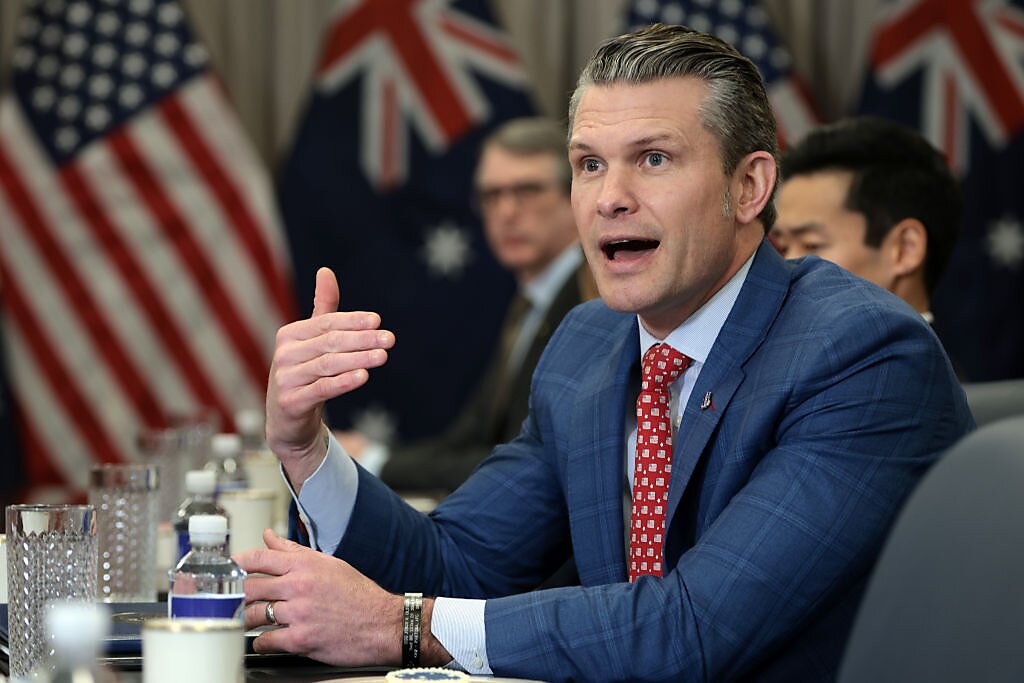Defense Secretary Pete Hegseth gave a terrific, bracing speech today to the Ukraine Defense Contact Group that deserves praise.
For more than two years, European capitals have been encouraging maximalism regarding the Ukraine war, and more generally encouraging the doddering US president’s romantic ideas about the transatlantic relationship.
It all came crashing down today.
Hegseth made clear, inter alia, that,
1) “NATO membership for Ukraine is [not] a realistic outcome of a negotiated settlement”;
2) “as part of any [postwar] security guarantee, there will not be US troops deployed to Ukraine”;
3) a return to Ukraine’s 1991 borders, an official Ukrainian war aim, is “an unrealistic objective”;
4) “stark strategic realities prevent the United States of America from being primarily focused on the security of Europe”; and that,
5) “the United States will no longer tolerate an imbalanced relationship which encourages dependency.”
For too long, US policy on Europe has been driven by airy romanticism, not by a cold, hard assessment of the strategic environment. As Joshua Shifrinson and I wrote in Foreign Affairs last year,
With no candidate for European hegemony lurking, there is no longer any need for the United States to take the dominant role in the region… U.S. policy does not need to aim at formal withdrawal from or continued membership in NATO; it simply needs to make clear that Washington’s tenure as Europe’s pacifier is coming to an end, and if European defense planners feel that leaves a hole to fill, they must fill it themselves.
Hegseth’s speech suggests the Trump administration agrees. The division of labor in the transatlantic relationship needs to change now.
Vice President JD Vance and Defense Secretary Hegseth both have important speeches to come during the remainder of this trip. We should hope for similar themes to be raised—and for policy to follow.


